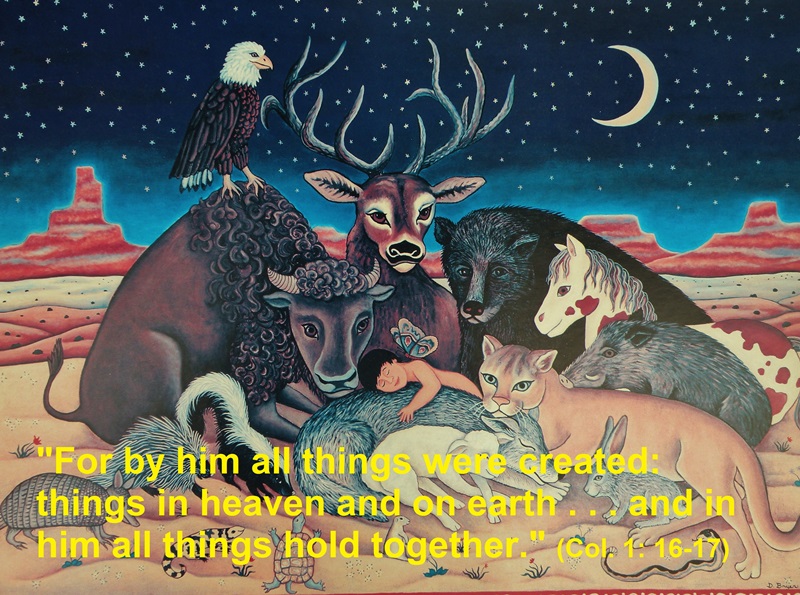
Part Eight: Moral Principles Jesus Taught That Can Be Applied to Animals
Servanthood
Christians are told numerous times to be like Jesus (Rom. 13:14; Phil. 2:5; Col. 3:10). When He came to Earth, Jesus took on “the very nature of a servant” (Phil. 2:7), and He expects His followers to be servants also (John 13:15-17). As we saw in the previous blog post, God instructed the human race to be His caretakers in nature. It is not a stretch, therefore, to say that just as Jesus loves us and became our Savior that we should not only love other people as Christ does but also to consider the outflow of our servanthood and love for God’s creation to include being protectors of non-human life—as the dominion mandate requires.
Unconditional Love
In the New Testament, a Greek word most used to describe God’s love for people is agape. It’s a love that denotes a willful choice. It’s the love that God bestows on people, not because we deserve it, but because He chooses to love us despite our sin and rebellion. It’s unconditional love. This kind of love involves God doing what is best for us, not necessarily what we desire. In a similar way, as God’s caretakers in creation, we can make stewardship decisions that may not always be in our best interest—but will be in the best interest of threatened and endangered animals and promotes humane treatment for domesticated animals. Thus, we should set aside habitats to ensure the survival of wildlife and, perhaps, be willing to pay a little more to purchase eggs from free-ranging chickens rather than caged chickens. In other words, we will make choices that advance our stewardship role as protectors – God’s caretakers – of non-human life.
The Golden Rule
God’s desire for human relationships is summarized in a beloved passage Christians call the Golden Rule: “So in everything, do to others what you would have them do to you, for this sums up the Law and the Prophets” (Matt. 7:12). Although this rule is directed to people, the principle behind it could be applied to all life God created and values. Animals provide numerous services and pleasures for humans. They provide us with food and clothing. We can use them for legitimate medical testing to develop life-saving drugs. They are companions and aids to the disabled and wounded veterans. Wild animals provide tremendous joy and excitement when we walk through wild country. It seems only reasonable and that we do the best we can to provide animals with the attention and care that God provides them.
If we apply just these three ethical principles to our relationship with wild and domesticated animals, we will not only treat these creatures fairly and humanely, but we will also fulfill God’s command to be His stewards in creation. (C)
Next week’s blog post will look at animal sacrifices in the Old Testament. Do they contradict God’s teaching on the humane treatment of domestic animals?